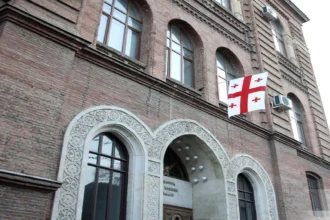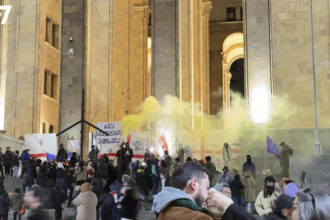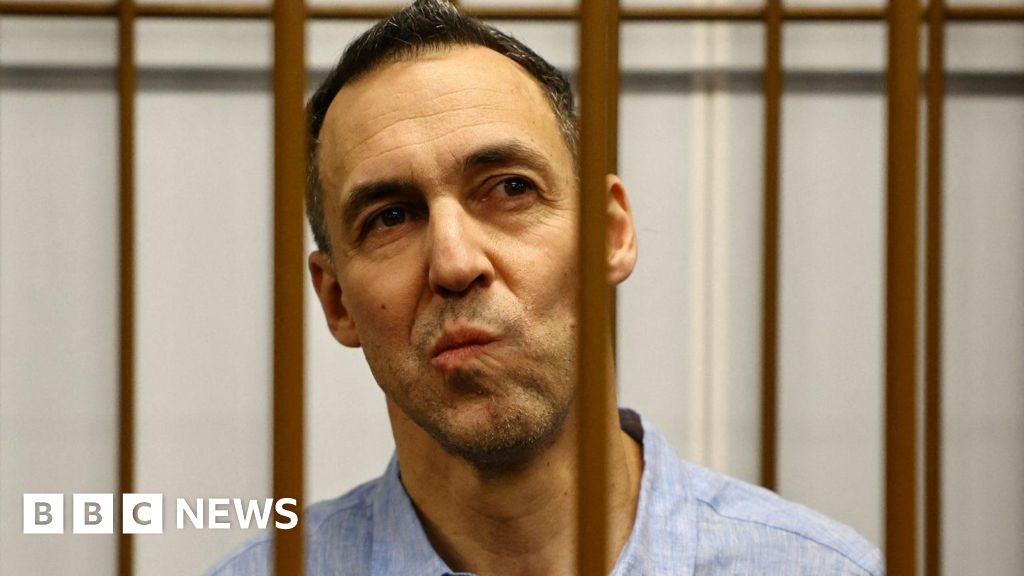A Moscow court sentenced a French scientist to three years in a penal settlement for violating Russia’s controversial law requiring foreign agents to register.
Laurent Vinatier was arrested in June, while gathering information, according to prosecutors, on the Russian military.
Vinatier apologized in Russian in the courtroom, saying that he didn’t know he should have registered. The 48-year old, who had previously admitted his guilt read a verse from Russian poet Alexander Pushkin.
The presiding judge dismissed Vinatier’s plea for him to receive a fine instead of a jail sentence. The team said that he would appeal.
France has not publicly commented upon the verdict of the Moscow court. Vinatier was released by President Emmanuel Macron earlier.
On Monday, Judge Natalia Cheprasova of Moscow’s Zamoskvoretsky District Court said: “The court found Vinatier guilty and sentenced him to three years at a general regime penal colonies.”
The state prosecutors demanded a prison term of three years, three months. They argued that Vinatier’s information could have been used to harm Russia.
Vinatier apologized for his actions during the hearing and said that he loved Russia. Vinatier wore a blue open neck shirt and jeans. He did not show any emotion when the verdict was read.
He ended his remarks by reciting a Pushkin poem – If Life Deceives You – which speaks of having patience to know better days are coming, according to the AFP news agency.
After the court’s verdict, Vinatier’s defence lawyer Pavel Mamonov said to reporters: “We believe the sentence is harsh and we will definitely appeal.”
Vinatier was working for the Centre for Humanitarian Dialogue, a non-government organization when he got arrested. The NGO’s main objective is to “prevent and resolve armed conflict around the world by discreet diplomacy and mediation”.
Anyone who receives foreign support or is influenced by someone else must declare themselves to the Russian government as an agent of a foreign country.
The Kremlin used the 2012 law as a pretext for detaining people, including foreigners, to suppress any opposition within the country to President Vladimir Putin.
In the past, Russia has used foreign nationals detained in its country as bargaining chips in order to secure the release for its nationals who were arrested abroad.
In August, Russia released US reporter Evan Gershkovich and ex-US Marine Paul Whelan in exchange for several Russian spy detained throughout the West.
Read More @ www.bbc.com













